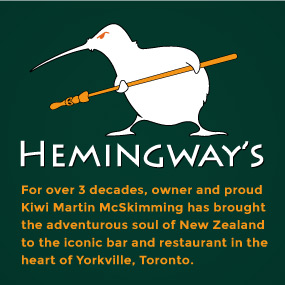The Ethical Minefields of Technology
“As we embrace technological innovation, we must also grapple with its implications,” warns New Zealand futurist Roger Dennis in a blog post in the Scientific American.
“The introduction of new software features didn’t really impact the real world” ten years ago,” Dennis points out. Today it’s different. “The design of sophisticated software is affecting people in alarming and unexpected ways.” “The impact of a lack of ethics in software development now extends to a wide range of applications including” Facebook. “Like many other social media companies, Facebook has constructed its software to be the equivalent of an addictive casino in your pocket,” according to Dennis.
Tristan Harris, who spent three years as a Design Ethicist for Google, said that “software designers have created apps that exploit psychological tricks to ensure that you keep checking your phone repeatedly, and Facebook is no exception.”
“Instead of looking at technologies programmed to enable human beings to better navigate the world I see technologies optimized to help corporations better navigate and manipulate human behaviour,” said media commentator Douglas Rushkoff in an interview last year.
“Companies like Facebook manipulate human behaviour because they profit from selling advertisements, and the more frequently people use their software, the more advertisers the company can attract.” “The never-ending competition for your attention by software on smartphones is an issue that deserves attention because studies have shown that the more you use software like Facebook, the unhappier you are,” writes Dennis.
Jean Twenge, Professor of Psychology at San Diego State University, “has seen teenage loneliness and depression spike dramatically since 2012 – shortly after the arrival of the smartphone” and points out that “social media use is linked to significantly increased rates of suicide, and decreased levels of sleep among teenagers.”
“While this is concerning and needs attention, it’s what’s coming next that really worries me,” writes Dennis. “Technology developments are like evolution- eventually the dominant lifeform must evolve or die. The leading contender to supersede smartphones is likely to be mixed reality environments—including virtual reality and augmented reality”.
“The heady and immersive nature of these technologies has the potential to make today’s addictive social media software look like wooden kindergarten blocks,” writes Dennis.
“If you’re concerned about teenagers shutting themselves in their rooms to spend time on social media, just wait until the development of software where the feedback mechanisms are so addictive that kids would rather stay in the virtual world than exit to the real world.”
To start addressing these issues Dennis believes “there needs to be considerably more diversity in the programming workforce to addressing some of the gender and race biases that are appearing in software.”
“Regulators also need to move with some urgency, but this is problematic,” writes Dennis.
“Society keeps up because the technology needs to be able to land somewhere. The same is not true of our governments, and to fix it will require effort and thoughtfulness that is not currently on display,” said James Duncan, co-founder of the independent consultancy Stance Global, who served in senior technology advisory roles in the UK Cabinet office until the end of last year.
“Fixing the issues requires technology leaders to have a much wider view of the world. The industry doesn’t need more programmers, it urgently needs more women, ethicists and philosophers,” concludes Dennis.
Article Source: Scientific American Blog, Roger Dennis, October 13, 2017
Image Source: Wikipedia














